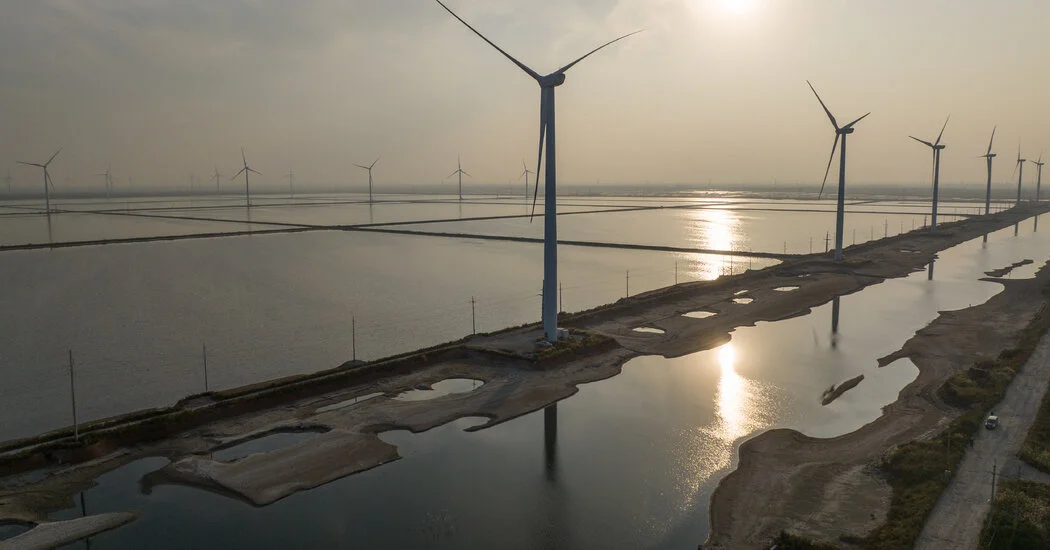- cross-posted to:
- nyt_gift_articles@sopuli.xyz
- climate
- cross-posted to:
- nyt_gift_articles@sopuli.xyz
- climate
This is the best summary I could come up with:
But both countries agreed to “pursue efforts to triple renewable energy capacity globally by 2030.” That growth should reach levels high enough “so as to accelerate the substitution for coal, oil and gas generation,” the agreement says.
Earlier this month, John Kerry, Mr. Biden’s climate envoy, met with his Chinese counterpart, Xie Zhenhua, at the Sunnylands estate in California to lay the groundwork for the agreement announced Tuesday.
“Both countries stress the importance of COP 28 in responding meaningfully to the climate crisis during this critical decade and beyond” and pledge in the statement “to rise up to one of the greatest challenges of our time for present and future generations of humankind.”
China has refused to join the Global Methane Pledge, an agreement among more than 150 nations, led by the United States and Europe, that promises to collectively reduce emissions by 30 percent by 2030.
Manish Bapna, president of the Natural Resources Defense Council, an environmental group, praised the U.S.-China agreement and called it “a foundation of ambition” ahead of the U.N. climate summit in Dubai.
That means the willingness of the two countries to urgently slash emissions will essentially determine whether nations can limit the average global temperature increase to 1.5 degrees Celsius above preindustrial levels.
The original article contains 1,150 words, the summary contains 209 words. Saved 82%. I’m a bot and I’m open source!
Meanwhile, the US continues to increase their reliance on natural gas…
Methane leaking natural gas. Worse than coal in the short term natural gas.
It stands out to me how they make a specific goal on increasing renewable capacity but make no such goals to reduce fossil fuel production. My concern is that if we don’t consciously do the latter, the extra renewable capacity will, in effect, be used to increase power output without reducing the absolute quantity of fossil fuels significantly. There’s a lot of capital wrapped up in fossil fuel extraction, and we would be asking a lot of very power entities to take a haircut on their RoI by not continuing to use it. I think it’s a non-trivial problem that is really not being taken seriously enough in these kinds of talks.


